The long-awaited vote in the Parliament’s Environment Committee on nature restoration will not come to its conclusion as expected as MEPs are so divided. Nothing has yet been decided, but the perfect draw between opponents and supporters of the project shows the extent to which this ill-prepared and ill-equipped text is the main issue for MEPs. The vote on the amendments to the text that were held today will make it even more impractical for European farmers, foresters, and fishermen if it is voted through as it stands. This is why we are continuing to call for it to be rejected by the Environment Committee and in the plenary session in the coming weeks.
Rarely has a committee vote been so frenzied that the final vote had to be postponed for a lack of time. However, while until now the Environment Committee had voted in favour of most of the initiatives proposed by the Commission, the distance expressed today is a real signal of mistrust for a text whose impact will be considerable for the entire European primary sector and for EU rural areas.
Over the last few days, much has been said about the political strategies of the various parties, but the concrete consequences on the ground have been blithely avoided by the narrative put in place by certain NGOs. Copa and Cogeca would like to reiterate today why we reject this proposal in its current state.
We stand for rejection for several reasons but primarily on the issues of non-deterioration inside and outside Natura2000 areas; a lack of concrete sufficient and adequate financing for on the ground restoration and human resources to implement it; and the implementation of legally binding targets on agro- and forest ecosystems without adequate resources and an adequate assessment of the impact.
We have said time and again, the Commission is overly dependent on the CAP to finance this huge transition towards restoration. The CAP Strategic Plan’s measures are not geared towards restoration, they are geared towards biodiversity as a whole. The EU cannot restore and rewet thousands of hectares of agricultural peatlands or grasslands without the right tools. We need a restoration fund now, not in 5 years’ time, not in 10 years’ time! Action is needed and all the farming community agree on this, but it should be properly financed!
The impact assessment on the Nature Restoration Law that was conducted is deficient when it comes to adequately representing the three pillars of sustainability. A common statement regarding the Nature Restoration Law is that the cost-benefit ratio will be 8 to 1, with 8 euro return for society for every one euro spent. It is impossible to call this an impact assessment when the discussion focuses nearly solely on the benefits to biodiversity, and barely scrapes the surface on how much this will cost rural communities to implement, the loss of income from ceasing active production on their land and transitioning from one business to another.
It’s also very easy for certain industries to support this initiative, when they know that it will be farmers, foresters and fishermen who will pay the highest cost for these reforms, when they can promote these efforts in their communication strategies!
Latecomers to the debate on the Nature Restauration Law are pointing the finger at the European Parliament, but the responsibility lies fully with the European Commission, which did not carry out the necessary studies to quantify all the impacts which would have helped in proposing a sustainable solution and a consensus accepted by all.
Artigo publicado originalmente em Copa Cogeca.



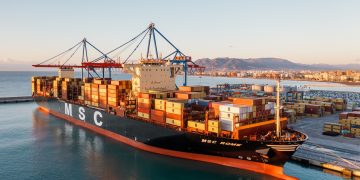



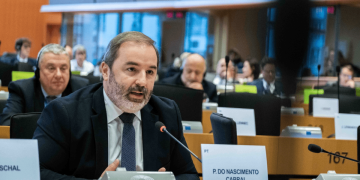













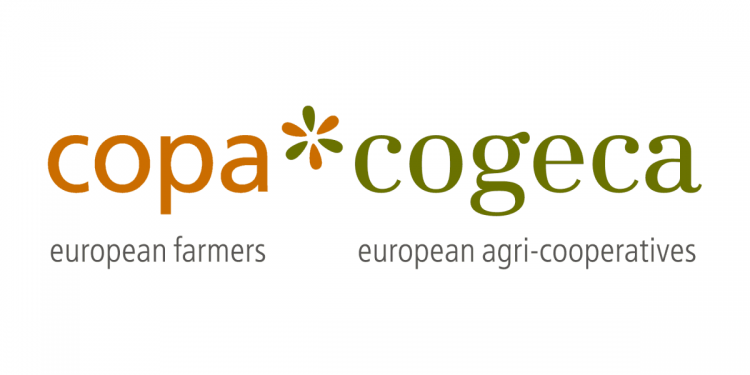
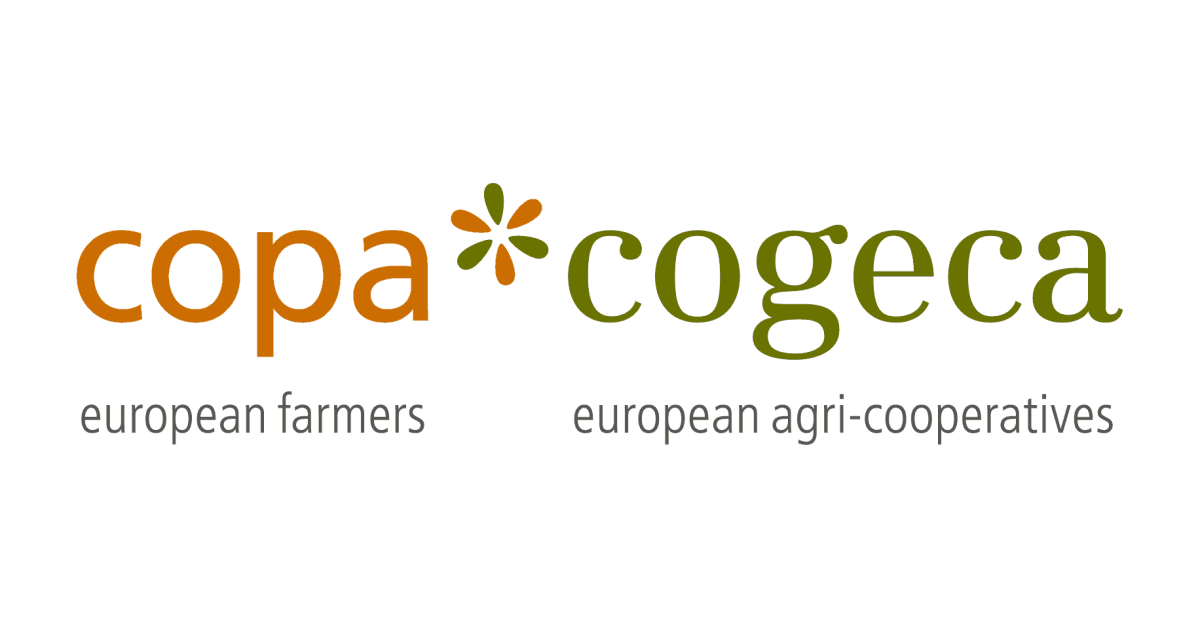


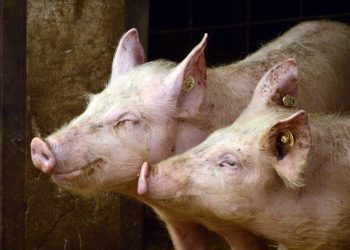

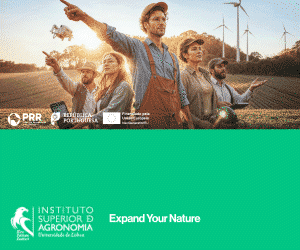




























Discussão sobre este post